Podcast: Play in new window | Download (Duration: 1:01:29 — 84.5MB)
Subscribe: Spotify | RSS | More

Things happen in Iowa. They really do. That’s why Dave put together a little trivia contest for his co-hosts–Sahaana Arumugam, Emma Barr, Aline Sandouk, and Brandon Bacalzo–to test their knowledge of the excitement that is Iowa.
But first, we discuss the news that, as alleged by a whistleblowing nurse, a doctor in Georgia has been forcing sterilization on women at an Immigrations Customs and Enforcement detention center. Whether this is true or not remains to be seen, but we note with concern how America treats incarcerated people. And we discuss Brandon’s research experience on a horse tranquilizer’s potential as treatment for psychiatric disorders.
We Want to Hear From You
How’d we do on this week’s show? Did we miss anything in our conversation? Did we anger you? Did we make you smile? Call us at 347-SHORTCT anytime or email theshortcoats@gmail.com. It’s always a pleasure to hear from you!




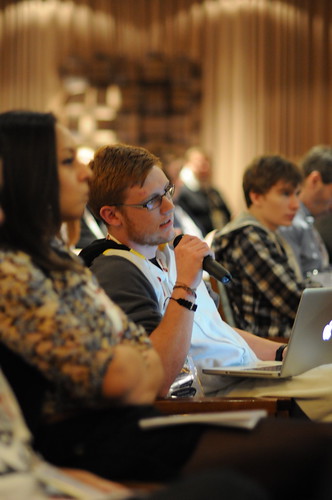

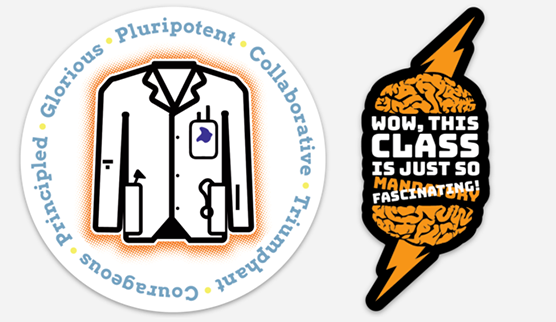
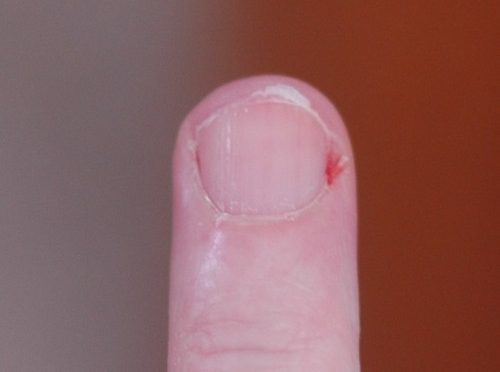
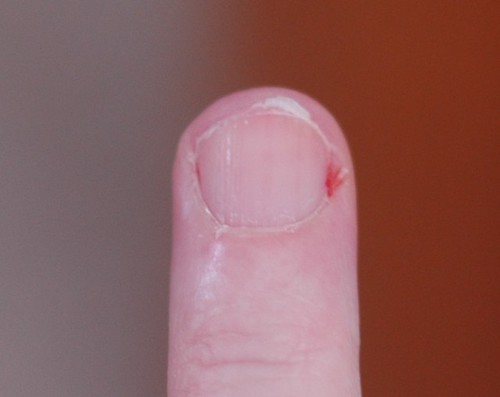
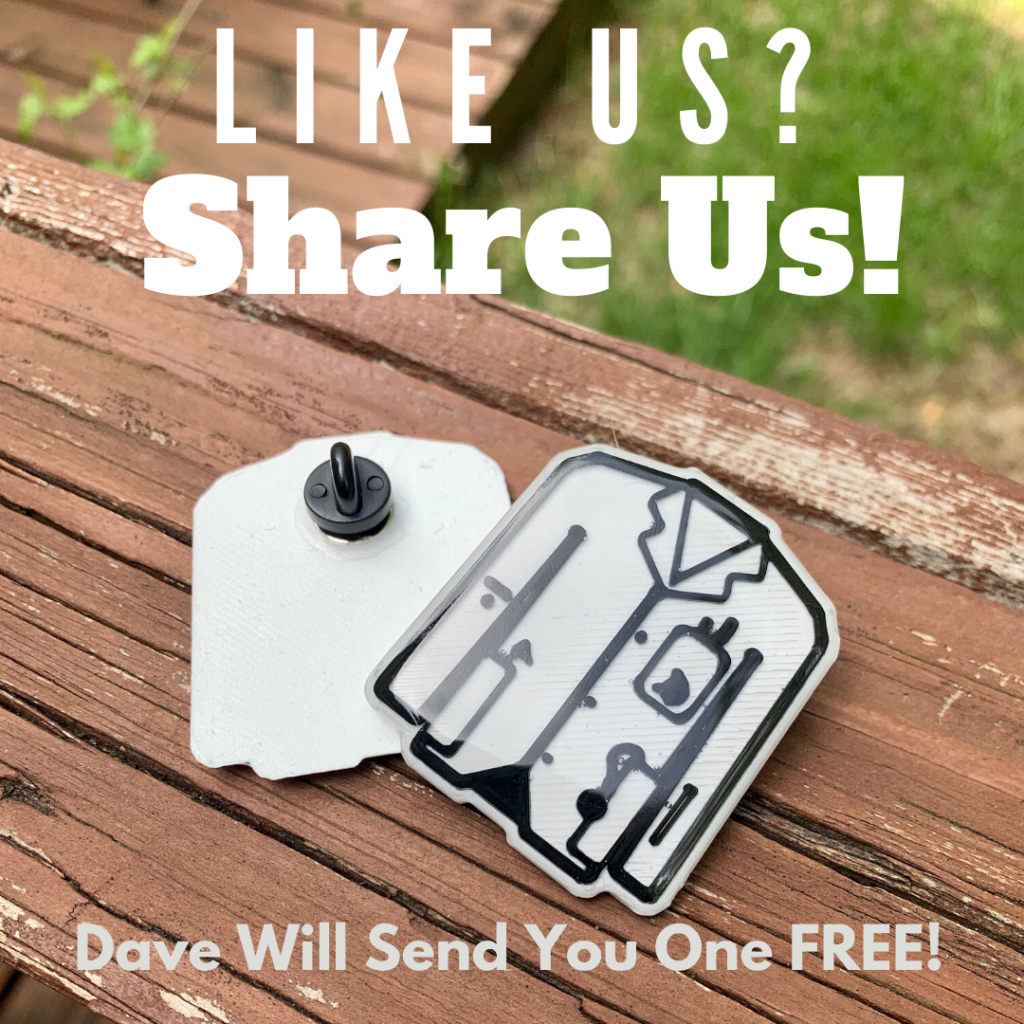


 Two questions this week from Short Coats! Listener Luis wrote in to ask what books co-hosts Hillary O’Brien, Kylie Miller, Emma Barr and newbie Sahaana Arumugam consulted to find their paths. And Mia wrote to
Two questions this week from Short Coats! Listener Luis wrote in to ask what books co-hosts Hillary O’Brien, Kylie Miller, Emma Barr and newbie Sahaana Arumugam consulted to find their paths. And Mia wrote to 
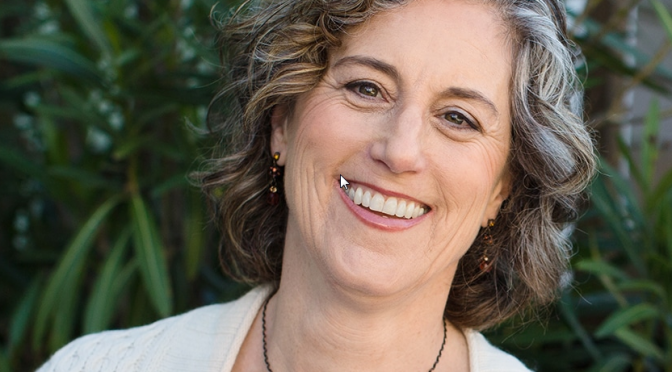
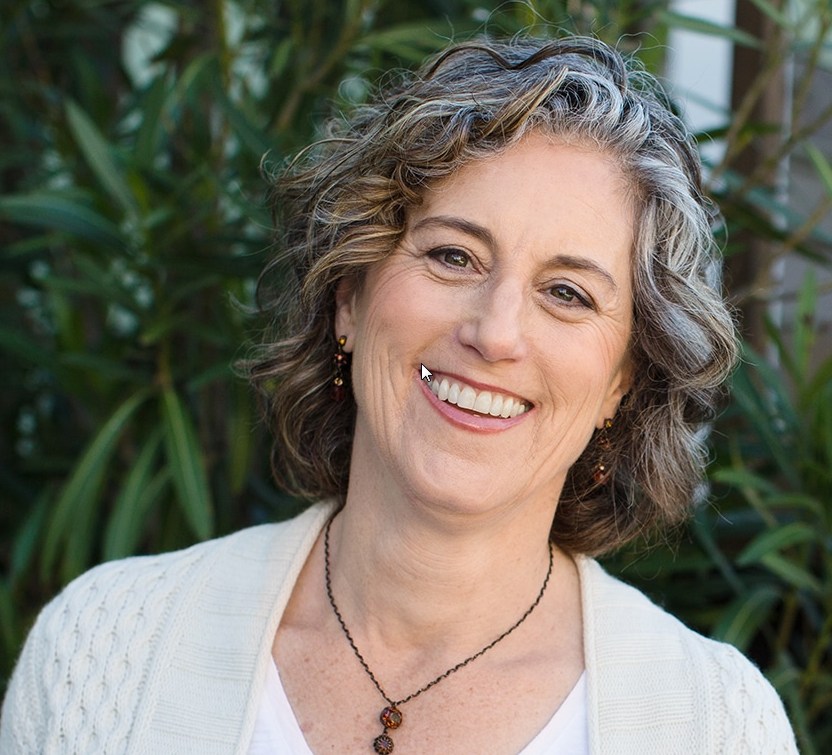


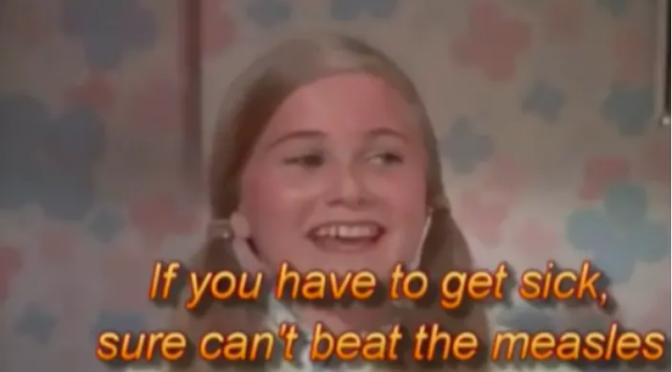
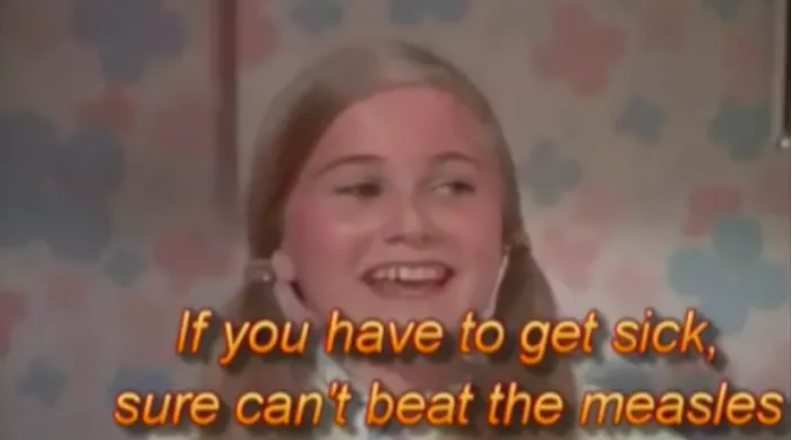

 Listener Nathan called in to the SCP Hotline at 347-SHORTCT to ask how research works for medical students. Is it necessary? Is it recommended? How do you find research to do? Irisa Mahaparn, Miranda Schene, Emma Barr, and newcomer Nadiah Wabba are on hand to discuss the roles of research in med school, how it can help a residency applications, for which residency applications research is a recommended component, and how it all works.
Listener Nathan called in to the SCP Hotline at 347-SHORTCT to ask how research works for medical students. Is it necessary? Is it recommended? How do you find research to do? Irisa Mahaparn, Miranda Schene, Emma Barr, and newcomer Nadiah Wabba are on hand to discuss the roles of research in med school, how it can help a residency applications, for which residency applications research is a recommended component, and how it all works.